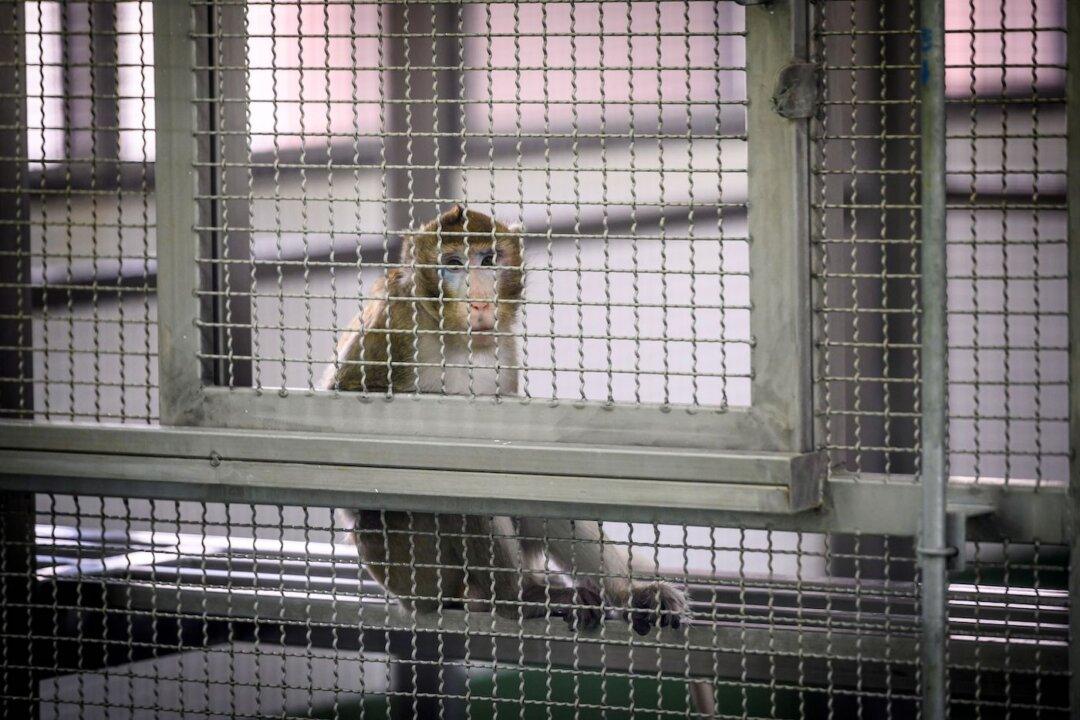A Chinese biotech company with military ties recently purchased a large piece of land in Florida to build a monkey breeding and quarantine facility.
Florida newspaper Citrus County Chronicle reported on Sept. 22 that JOINN Laboratories, a Chinese pharmaceutical company, purchased a 1,400-acre parcel of land in Levy County in July for $5.5 million to build the facility for primates, mostly monkeys to be used for scientific research.





